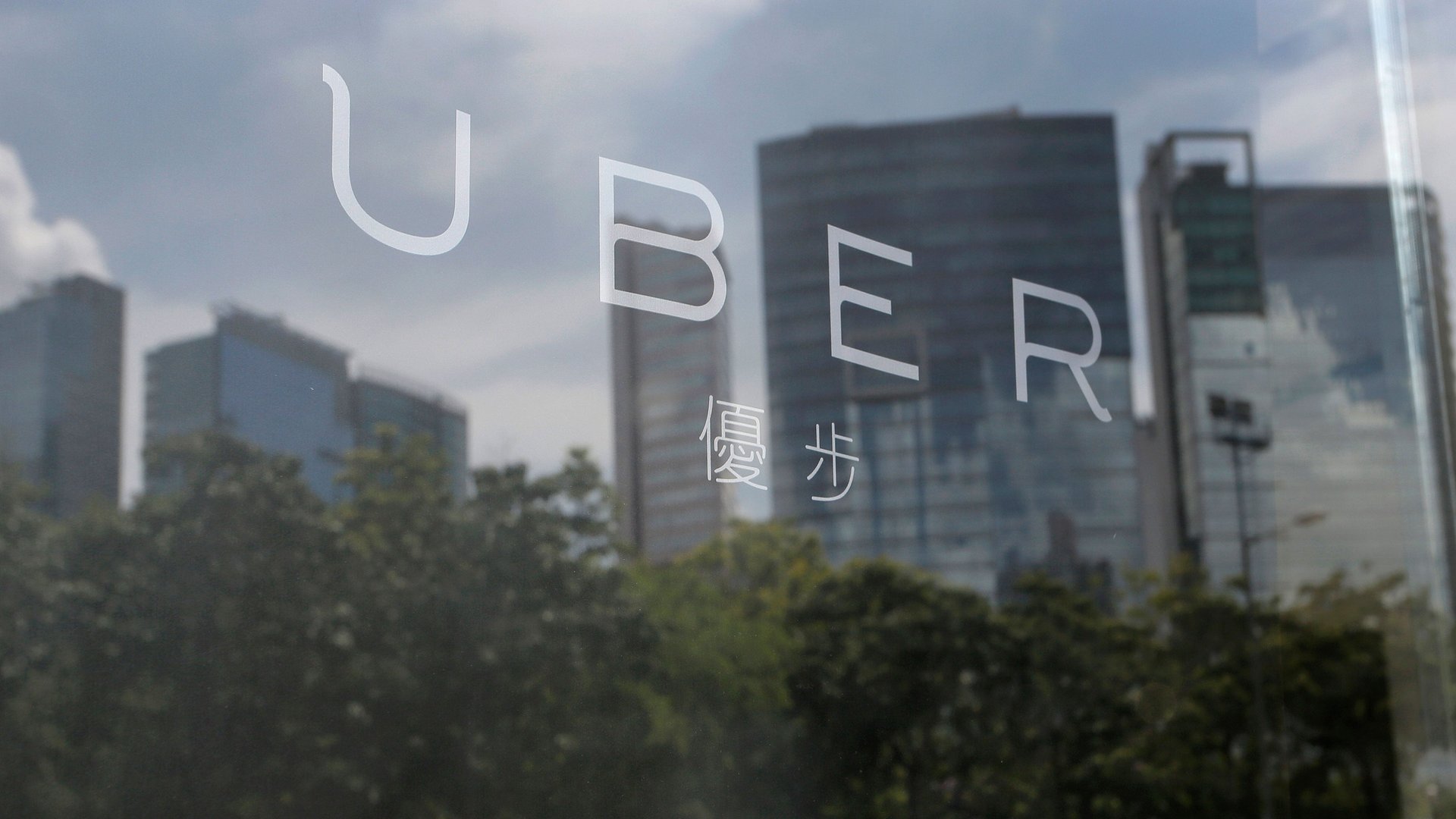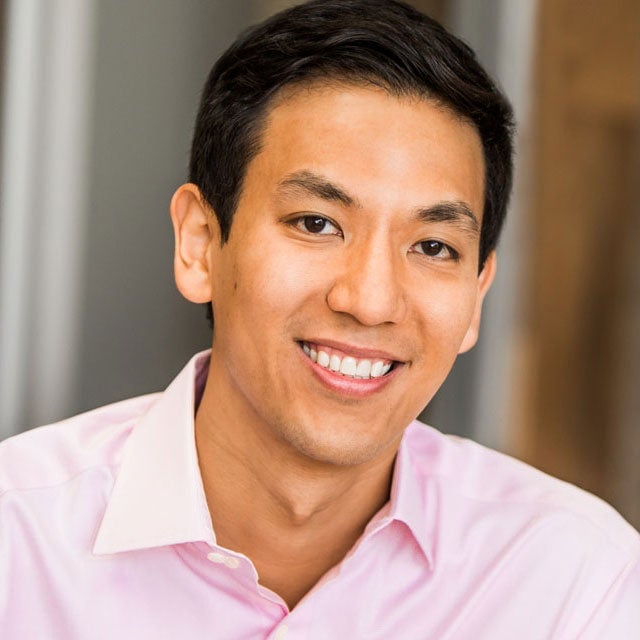Uber’s former head of growth on the early days, surge pricing, and on-demand ice cream
Feel like Uber is taking over the world?


Feel like Uber is taking over the world?
That’s due in part to Michael Pao, an early employee who oversaw the ride-sharing company’s growth across the globe. Armed with a seemingly endless war chest, Uber, which reached a $50 billion valuation one year faster than Facebook, has aggressively expanded to 68 countries and more than 300 cities.

Pao joined Uber in 2011 and was responsible for expanding operations to Chicago, Boston, and eventually China and India. It was in Boston, where Pao served as Uber’s general manager, that the company began experimenting with something called surge pricing, increasing fares when demand is high.
During its tests, Uber didn’t charge passengers anything extra, instead paying out of pocket to increase drivers’ earnings to see if it would get more cars on the road. Needless to say, the experiment worked—and riders now begrudgingly shell out more cash for the convenience of using Uber when everyone else wants to, too.
Ready to strike out on his own, Pao joined Greylock Partners in January as an entrepreneur-in-residence, where he will advise portfolio companies and ultimately refine a startup idea for a marketplace-based business. He chatted with Quartz about surge pricing, the challenges of marketplaces, and his new company.
This interview has been condensed and edited for clarity.
Was it hard to leave Uber amid its momentum to build your own company?
It came down to if I wanted to do something internally or start my own company. It’s never easy. I like to say the experience at Uber, both working with [CEO] Travis [Kalanick] and building those teams, was transformation. Travis is just a great entrepreneur—he’s an entrepreneur’s entrepreneur. I was just really fortunate to be part of Uber during those years.
What lessons have you learned at Uber that will help you in your new role?
One of my favorite quotes—you probably have heard this from Steve Jobs before—is: “It’s really hard to design products by focus groups. A lot of times, people don’t know what they want until you show it to them.”
Marketplaces essentially have that same aspect. If you go to both sides of the marketplace, because they’re at tension with each other, if you ask users what they want, they’ll tell you what they want but you might end up building a product no one wants.
In the early days of Boston, the reason we had to test surge pricing was that late night in Boston—the bars close at the same hour, around 2am—everyone leaves the bar around 1:30-2:30. In Boston, winter is very challenging. If you couple the insane amount of demand—because everyone gets on the street at the same time—with insane weather, there’s no possible way to have enough supply of cars on the road. The only thing we could figure out in Boston was, let’s increase payouts and drivers’ earnings. We didn’t increase fares. It came out of pocket.
Historically, over the years, the rider perception of surge pricing has been less positive. It’s mixed at best. If you listen to riders, they want you to turn off surge or cap surge. But if you do that, that means a lot of people won’t get rides. Like Jobs said, you kind of have to make the call.
While you were in Boston, Uber also experimented with on-demand ice cream. Today Uber is doing more than transporting people. Was that the intention with ice cream delivery?
Uber runs a lot of experiments. We were experimenting to see if people wanted things outside transportation. There were small, structured experiments to see if people would actually use it.
It turns out people actually lose their minds over ice cream. Just like the first time [you use Uber], you hit the button and a car arrives. There’s something special when you hit a button and an ice cream truck arrives. That’s an experience all marketplaces strive to deliver.
What can you tell us about your new company?
It’s probably too early to comment on that. Simon [Rothman, a partner at Greylock] and I have a few ideas that we’re kicking around. We’re spending a lot of time researching and validating ideas. The biggest thing for me to invest my time, 110%, 80 hours a week, is building something—it has to really sing to my soul. Uber had that effect on me.